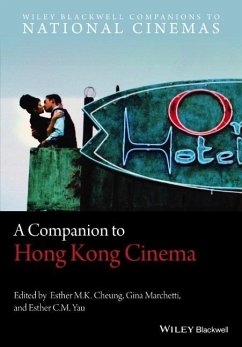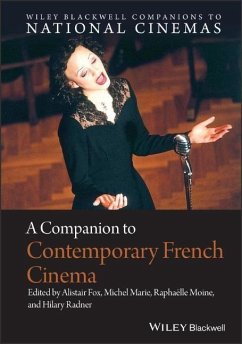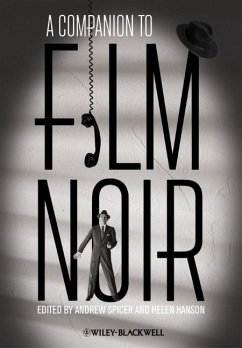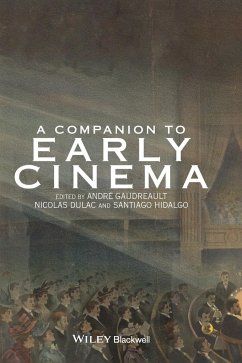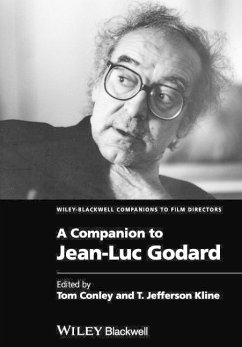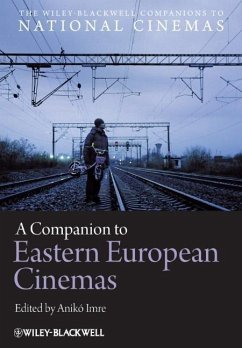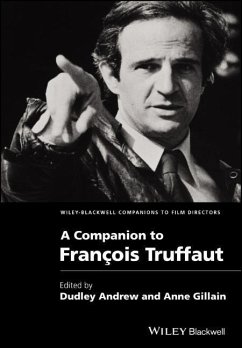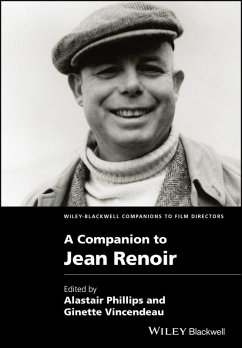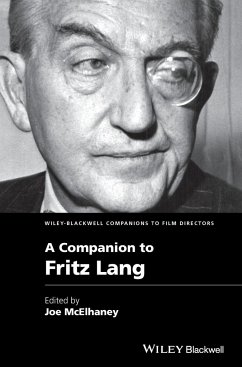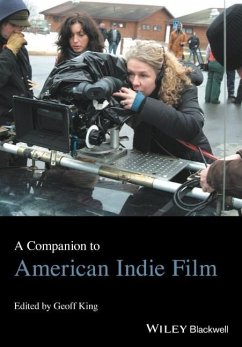
Companion to Literature, Film
Versandkostenfrei!
Versandfertig in 2-4 Wochen
54,99 €
inkl. MwSt.

PAYBACK Punkte
27 °P sammeln!
This is a comprehensive collection of original essays that explorethe aesthetics, economics, and mechanics of movie adaptation, fromthe days of silent cinema to contemporary franchise phenomena.Featuring a range of theoretical approaches, and chapters on thehistorical, ideological and economic aspects of adaptation, thevolume reflects today's acceptance of intertextuality as avital and progressive cultural force. Incorporates new research in adaptation studiesFeatures a chapter on the Harry Potter franchise, as well asother contemporary perspectivesShowcases work by leading Shakespeare adaptat...
This is a comprehensive collection of original essays that explorethe aesthetics, economics, and mechanics of movie adaptation, fromthe days of silent cinema to contemporary franchise phenomena.Featuring a range of theoretical approaches, and chapters on thehistorical, ideological and economic aspects of adaptation, thevolume reflects today's acceptance of intertextuality as avital and progressive cultural force.
Incorporates new research in adaptation studies
Features a chapter on the Harry Potter franchise, as well asother contemporary perspectives
Showcases work by leading Shakespeare adaptation scholars
Explores fascinating topics such as 'unfilmable'texts
Includes detailed considerations of Ian McEwan's Atonement and Conrad's Heart of Darkness
Incorporates new research in adaptation studies
Features a chapter on the Harry Potter franchise, as well asother contemporary perspectives
Showcases work by leading Shakespeare adaptation scholars
Explores fascinating topics such as 'unfilmable'texts
Includes detailed considerations of Ian McEwan's Atonement and Conrad's Heart of Darkness



